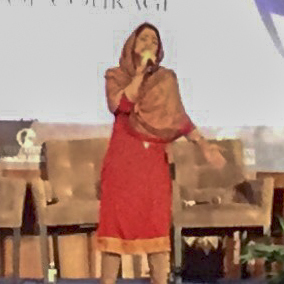A Quote by Gayle Tzemach Lemmon
The draconian prohibitions of the Taliban years and the gains Afghan women have achieved since the Taliban government was overthrown in 2001 are now well known and often cited: Today, Afghans lucky enough to live in secure regions can go to school, women may work in offices, and the burqa is no longer mandatory.
Related Quotes
In 2001, we were told that the war in Afghanistan was a feminist mission. The marines were liberating Afghan women from the Taliban. Can you really bomb feminism into a country? And now, after 25 years of brutal war - 10 years against the Soviet occupation, 15 years of US occupation - the Taliban is riding back to Kabul and will soon be back to doing business with the United States.
In mid-November 2001, as they moved toward the city of Kandahar, the Taliban's de facto capital in southern Afghanistan, Amerine's team called in airstrikes against advancing Taliban units and more or less obliterated a Taliban column of a thousand men that had been dispatched from Kandahar. It was the Taliban's final play to remain in power.
Not long ago, women in Afghanistan were required by Taliban leadership to be covered nearly head-to-toe and were barely allowed to leave the home; that young Afghan women today are not only accessing an education but are able to meet young people from around the world and cheer on a robot of their own making is something beautiful.
But we have achieved at least two important things. Afghanistan is no longer a safe haven for international terrorists. We have a strong Afghan army, which is fighting the terrorists and Taliban. And the second thing is that they are able to do that without us being there to conduct the combat operations.
Why has America's fringe left been making common cause with the Taliban, whose views on such matters as women's rights and separation of church and state are appallingly retrograde by anyone's standards? One reason may be that the Taliban seem to have mastered the language of victimhood, sounding like denizens of some college ethnic-studies department.


































